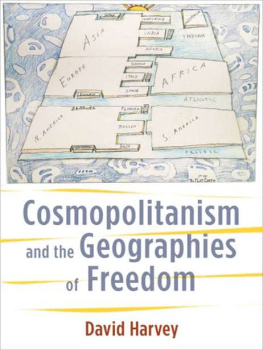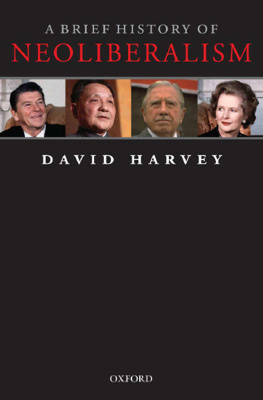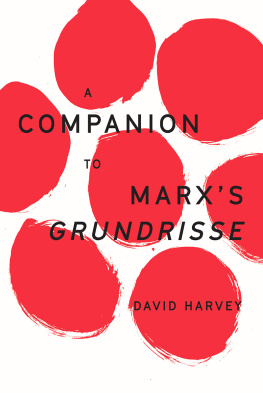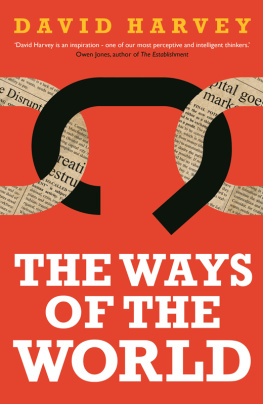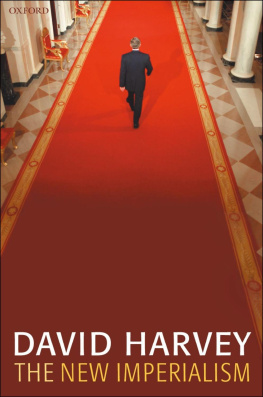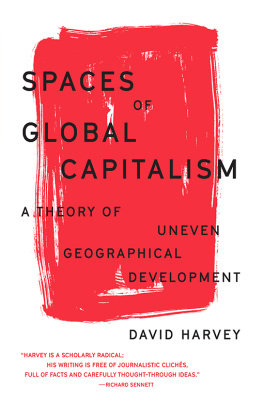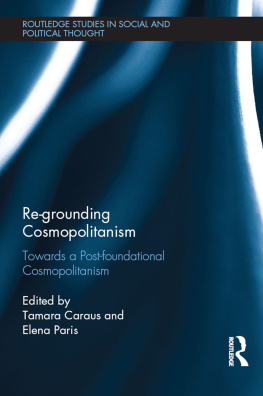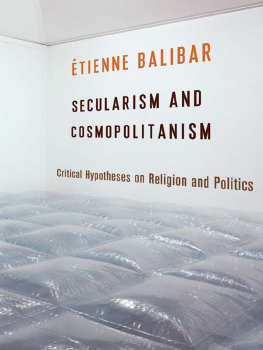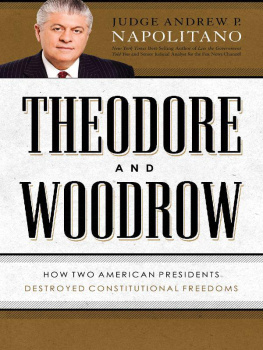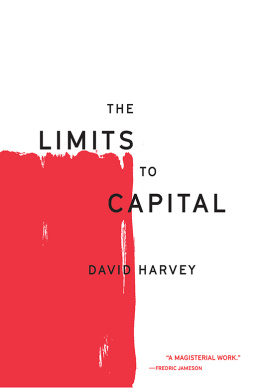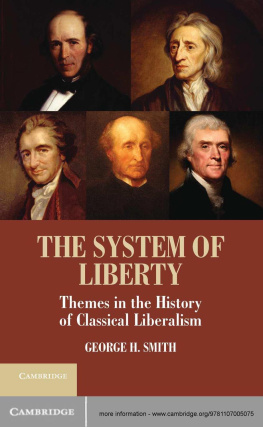Cosmopolitanism and the Geographies of Freedom
Previously Published Wellek Library Lectures
The Breaking of the Vessels
Harold Bloom (1983)
In the Tracks of Historical Materialism
Perry Anderson (1984)
Forms of Attention
Frank Kermode (1985)
Memoires for Paul de Man
Jacques Derrida (1986) 
The Ethics of Reading
J. Hillis Miller (1987)
Peregrinations: Law, Form, Event
Jean-Franois Lyotard (1988)
A Reopening of Closure: Organicism Against Itself
Murray Krieger (1989)
Musical Elaborations 
Edward W. Said (1991)
Three Steps on the Ladder of Writing
Hlne Cixous (1993)
The Seeds of Time
Fredric Jameson (1994) 
Refiguring Life: Metaphors of Twentieth-Century Biology
Evelyn Fox Keller (1995)
The Fateful Question of Culture
Geoffrey Hartman (1997) 
The Range of Interpretation
Wolfgang Iser (2000)
Historys Disquiet: Modernity and Everyday Life
Harry Harootunian (2000)
Antigones Claim: Kinship Between Life and Death
Judith Butler (2000)
The Vital Illusion
Jean Baudrillard (2000)
Death of a Discipline
Gayatri Chakravorty Spivak (2003)
Postcolonial Melancholia
Paul Gilroy (2005)
On Suicide Bombing
Talal Asad (2007)
Cosmopolitanism

and the Geographies

of Freedom

David Harvey

COLUMBIA
UNIVERSITY
PRESS
NEW YORK

Columbia University Press
Publishers Since 1893
New York Chichester, West Sussex
cup.columbia.edu
Copyright 2009 Columbia University Press
All rights reserved
E-ISBN 978-0-231-51991-5
Library of Congress Cataloging-in-Publication Data
Harvey, David, 1935
Cosmopolitanism and the geographies of freedom / David Harvey.
p. cm. (Wellek Library lectures in critical theory)
Includes bibliographical references and index.
ISBN 978-0-231-14846-7 (cloth : alk. paper) ISBN 978-0-231-51991-5 (ebook)
1. GeographyPhilosophy. 2. Cosmopolitanism. 3. Liberty. 4. Liberalism.
I. Title. II. Series.
G70.H33 2009
910.01dc22 2009009053
A Columbia University Press E-book.
CUP would be pleased to hear about your reading experience with this e-book at .
References to Internet Web sites (URLs) were accurate at the time of writing. Neither the author nor Columbia University Press is responsible for URLs that may have expired or changed since the manuscript was prepared.
EDITORIAL NOTE
The Wellek Library Lectures in Critical Theory are given annually at the University of California, Irvine, under the auspices of the Critical Theory Institute. The following lectures were given in May 2005.
The Critical Theory Institute
Gabriele Schwab, Director
Contents
This book began as the Wellek Library Lectures in Critical Theory delivered in the University of California at Irvine in May 2005. It was both a privilege and a pleasure to spend time with the critical theorists at Irvine, and I thank the organizers and the participants for their generosity, their warm reception, and their intellectual engagement.
I had originally intended to publish the three lectures more or less as given, but as I began to revise them, I found myself increasingly convinced that I needed to fill them out and expand them into something like the current form. I had been surprised and honored to be asked to deliver these lectures, given the intellectually illustrious and formidable list of previous participants. The surprise derived in part from my status as a geographer, since I have long been used to the somewhat lowly status of that discipline in the academic pecking order of prestige. To say one is a geographer in academic circles (or anywhere else for that matter) is either to meet up with bemused looks or to provoke witty comments about Indiana Jones exploring the Amazon or having snow on ones boots. But these sorts of typical responses then placed an added obligation on me to state as clearly and comprehensively as I could what a critical theory of geography might look like and to explain the role such a critical theoretical perspective might play in the social sciences and the humanities more generally. To do this required serious engagement with some difficult subject matter and a lengthier exposition than had been possible in the original three lectures. Our intellectual task, as Einstein once put it, is to be simple but no simpler, and I hope I have here managed to live up to that command. I have, over the years, had the great privilege to work with and around a host of sympathetic colleagues who have had much to say about what a critical geography is about. The occasional meetings of the International Critical Geographers group have always been stimulating, and as more and more disciplines, such as anthropology and cultural studies, increasingly take up ideas about space, place, and environment as crucial to their mission, so there has been a welcome expansion of the terrain upon which a critical geographical theory can operate.
I have benefited immensely from the innumerable critical discussions I have been privileged to engage in across a wide range of disciplines in lectures, seminars, presentations, and panel discussions over the years. This makes it difficult to single out particular individuals for thanks, but I do want to acknowledge the importance of this ongoing dialogue and to state incontrovertibly that this book is as much a product of that collective engagement as it is a product of my own imagination. I would be seriously amiss, however, were I not to specifically acknowledge the tremendous stimulus that comes from teaching at the Graduate Center of the City University of New York, where close colleagues and students from anthropology, geography, sociology, and beyond come together in ways that are as seriously dedicated to critical inquiry as they are to creating a mutually supportive atmosphere for learning.
The concepts of freedom and liberty have played a huge role in the history of what might be called The American Ideology, with all manner of material consequences. On the anniversary of the terrorist attacks of September 11, 2001, for example, an op-ed piece under President George W. Bushs name appeared in the New York Times . He there avowed that we are determined to stand for the values that gave our nation its birth because a peaceful world of growing freedom serves Americas long term interests, reflects enduring American ideals and unites Americas allies. He then concluded that humanity now holds in its hands the opportunity to further freedoms triumph over its age-old foes, adding, for good measure, that the United States welcomes its responsibility to lead in this great mission. These sentiments were in broad accord with the tendency in the United States to interpret the September 11 events as an attack upon distinctively American values of freedom and liberty, rather than upon the main symbols of U.S. military and financial power. In the weeks that followed, the Bush administration frequently signaled its intention to lead a distinctively American campaign to further freedoms triumph over its age-old foes. Two years later, after the formal reasons given for the invasion of Iraq, orchestrated as a response to the September 11 attacks, were proven wanting, Bush increasingly resorted to the theme that the freedom of Iraq was a sufficient moral justification for the war. Bringing freedom, liberty, and democracy to a recalcitrant world in general and to the Middle East in particular became a persistent theme in Bushs speeches.

